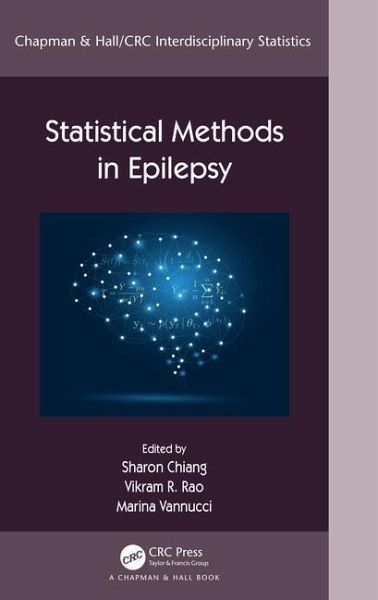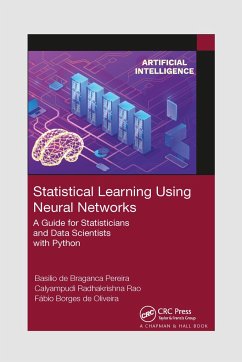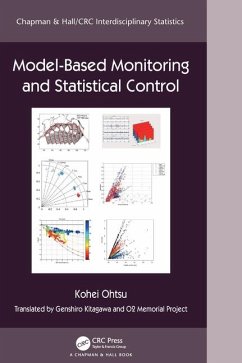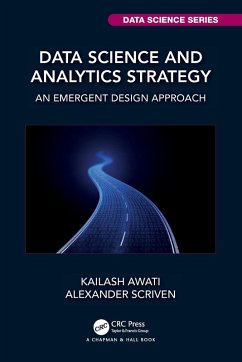
Statistical Methods in Epilepsy
Versandkostenfrei!
Versandfertig in 6-10 Tagen
123,99 €
inkl. MwSt.
Weitere Ausgaben:

PAYBACK Punkte
62 °P sammeln!
Epilepsy research promises new treatments and insights into brain function, but statistics and machine learning are paramount for extracting meaning from data and enabling discovery. Statistical Methods in Epilepsy provides a comprehensive introduction to statistical methods used in epilepsy research. Written in a clear, accessible style by leading authorities, this textbook demystifies introductory and advanced statistical methods, providing a practical roadmap that will be invaluable for learners and experts alike.Topics include a primer on version control and coding, pre-processing of imagi...
Epilepsy research promises new treatments and insights into brain function, but statistics and machine learning are paramount for extracting meaning from data and enabling discovery. Statistical Methods in Epilepsy provides a comprehensive introduction to statistical methods used in epilepsy research. Written in a clear, accessible style by leading authorities, this textbook demystifies introductory and advanced statistical methods, providing a practical roadmap that will be invaluable for learners and experts alike.
Topics include a primer on version control and coding, pre-processing of imaging and electrophysiological data, hypothesis testing, generalized linear models, survival analysis, network analysis, time-series analysis, spectral analysis, spatial statistics, unsupervised and supervised learning, natural language processing, prospective trial design, pharmacokinetic and pharmacodynamic modeling, and randomized clinical trials.
Features:
Provides a comprehensive introduction to statistical methods employed in epilepsy researchDivided into four parts: Basic Processing Methods for Data Analysis; Statistical Models for Epilepsy Data Types; Machine Learning Methods; and Clinical StudiesCovers methodological and practical aspects, as well as worked-out examples with R and Python code provided in the online supplementIncludes contributions by experts in the fieldhttps://github.com/sharon-chiang/Statistics-Epilepsy-Book/
The handbook targets clinicians, graduate students, medical students, and researchers who seek to conduct quantitative epilepsy research. The topics covered extend broadly to quantitative research in other neurological specialties and provide a valuable reference for the field of neurology.
Topics include a primer on version control and coding, pre-processing of imaging and electrophysiological data, hypothesis testing, generalized linear models, survival analysis, network analysis, time-series analysis, spectral analysis, spatial statistics, unsupervised and supervised learning, natural language processing, prospective trial design, pharmacokinetic and pharmacodynamic modeling, and randomized clinical trials.
Features:
Provides a comprehensive introduction to statistical methods employed in epilepsy researchDivided into four parts: Basic Processing Methods for Data Analysis; Statistical Models for Epilepsy Data Types; Machine Learning Methods; and Clinical StudiesCovers methodological and practical aspects, as well as worked-out examples with R and Python code provided in the online supplementIncludes contributions by experts in the fieldhttps://github.com/sharon-chiang/Statistics-Epilepsy-Book/
The handbook targets clinicians, graduate students, medical students, and researchers who seek to conduct quantitative epilepsy research. The topics covered extend broadly to quantitative research in other neurological specialties and provide a valuable reference for the field of neurology.














